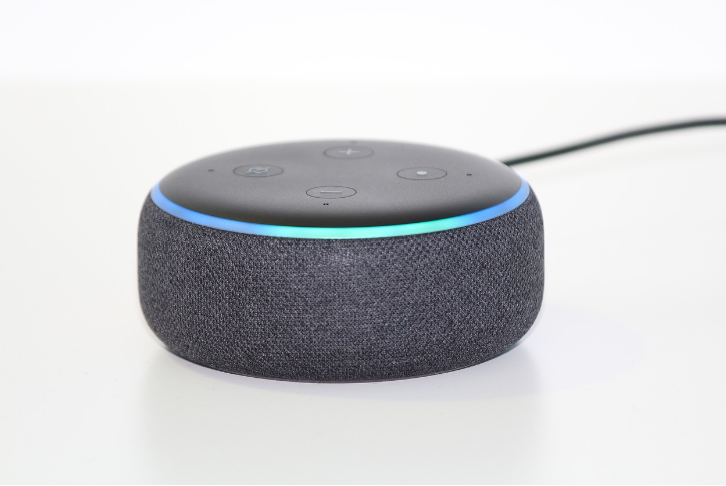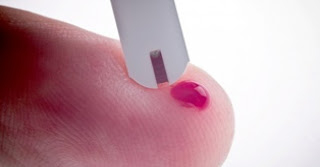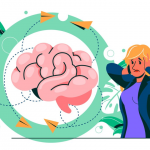Prefer to listen? Check out my audio recording of this post here:
Insulin (used to treat diabetes) and GLP1 receptor agonists (used for weight management and for type 2 diabetes) are both titratable medications – dosage should be individualized based on need and targets of treatment. Starting these medications is not a one-stop-shop; both require guidance to help people work their way up to the appropriate dosage.
Could artificial intelligence (AI) help to guide people in titrating these medications?
A recent study evaluated whether AI could help in titrating insulin. This was a very small clinical trial of 32 patients with type 2 diabetes, requiring either a basal (long acting) insulin start, or help with adjustment of existing basal insulin therapy. They were randomized to receive voice-based AI assistance or standard of care and followed for 8 weeks. The AI software was conversation based and powered by Alexa on an Amazon smart speaker. The health care team entered the starting insulin dose, goal fasting sugar, and insulin titration instructions. Participants checked in with Alexa on a daily basis, which triggered a conversation with Alexa on insulin use and blood sugars, following which Alexa provided updated dosing instructions.
The standard care group received usual guidance from their health care team and also received a smart speaker to remind them to complete a daily blood sugar and insulin log, but did not have access to the AI system. The primary endpoint was time to optimal insulin dose (defined by achieving mean 3-day fasting blood sugar goal).
The study found that people in the AI assisted group achieved optimal insulin dosing at a median of 15 days, vs >56 days (ie less than half had achieved optimal insulin dose) for the standard care group. The AI group had better adherence to insulin (83%) vs standard of care (50%) and were more likely to achieve blood sugar control (82%) vs standard of care (25%). There were 11 episodes of non-severe hypoglycemia (low sugar) in the AI group (handled by Alexa with dose reductions), vs 10 episodes in the standard care group. People in the AI supported group also reported signficantly lower diabetes-related emotional stress than the usual care group, surely reflecting the reassurance that they felt with the AI by their side, guiding them in insulin adjustment.
In the AI group, Alexa’s advice was monitored by the research team, and 4 out of 16 patients in the AI group had the insulin protocol adjusted once by the health care team. So, there is still work to be done on improving algorithms, and of course much larger and longer studies need to be done.
Could AI be used to titrate GLP1 receptor agonists like semaglutide (Ozempic or Rybelsus for type 2 diabetes, Wegovy for weight management) tirzepatide (a GIP/GLP1 receptor agonist – Mounjaro for type 2 diabetes, Zepbound for weight management), or liraglutide (Victoza for type 2 diabetes, Saxenda for weight management)? This would be more complex, as not only sugars (for type 2 diabetes) but also weight-related health targets would need to be incorporated. Navigating potential gastrointestinal side effects are also important to evaluate during dose escalation/adjustment. Other medications may need to be reduced as GLP1 dose increases, including other diabetes medications and blood pressure medications. (Note also that for basal insulin titration in diabetes, other diabetes medications may need to be reduced, particularly sulfonylureas, meglitinides and short acting insulin.) As AI advances in this exciting and rapidly evolving world, I suspect that algorithms to incorporate all of these elements and more will develop, and will help to guide people in optimizing their treatments.
Disclaimer: I am/have been an investigator in clinical trials of semaglutide and tirzepatide, and liraglutide. I receive honoraria as a continuing medical education speaker and consultant from the makers of semaglutide and liraglutide (Novo Nordisk) and Eli Lilly (tirzepatide).
Share this blog post using your favorite social media link below!
Check me out on X / Twitter! @drsuepedersen
www.drsue.ca © 2023












